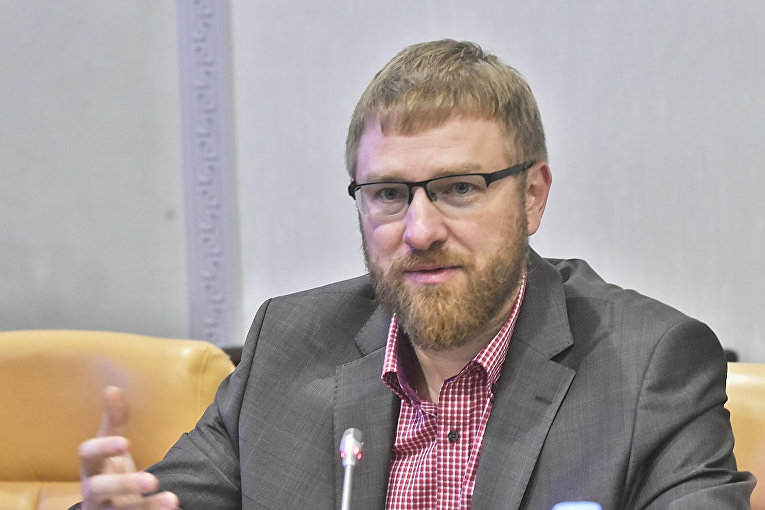MOSCOW, July 1 (RAPSI) — The establishment of official representative offices of foreign technological companies in Russia is one of the most important steps to solve the problem of unreasonable censorship, First Deputy Chair of Russia’s Civic Chamber Commission on Development of the Information Community Alexander Malkevich believes.
The Civic Chamber hosted a round table organized by its working group on legislation in the sphere of Internet technologies and digitalization on the topic of a law concerning activities of foreign persons on Internet in the territory of the Russian Federation also metaphorically referred to as the law on the “landing” of foreign IT companies, which had been earlier signed by President Putin.
Malkevich reminded that the President stressed the need to create official representative offices of foreign online platforms in Russia. New measures were certainly needed, since Russia was increasingly frequently facing the fact that foreign platforms did not comply with the laws of the country, ignored imposed fines, unreasonably blocked Russian users and the media and insufficiently controlled the distribution of prohibited content, the good example of which were for instance Twitter and Facebook, which practiced unreasonable censorship. The creation of official representative offices of foreign technological companies in Russia was one of the most important steps to solve this problem, Malekvich said addressing the participants of the round table "The Law ‘on the landing’ of foreign IT companies will benefit everybody!”
The civic activist reminded that not so long ago in Russia, several important legislative initiatives were adopted in the field of Internet regulation. Those were about the prohibition of censorship on the part of foreign Internet platforms as concerned the materials of the Russian media, the law on self-regulation of social networks, which ordered those to independently find and block prohibited content, the law on the processing of personal data. According to Malkevich, to ensure that digital rights of citizens were respected, Russia needed regulatory measures that could make foreign IT companies to reckon with the Russian legislation.
Malkevich is sure that concerns about the fact that foreign online sites would leave Russia in protest against Russian regulations, are groundless as evidenced by the example of Turkey, which has already obliged foreign IT companies to open their representations on its territory under the threat to restrict their advertising activities. Currently, most countries face the need to update the legislation in the Internet and IT spheres as exemplified by the European Union, Canada, Australia, Turkey and other states, the civic activist concluded.



